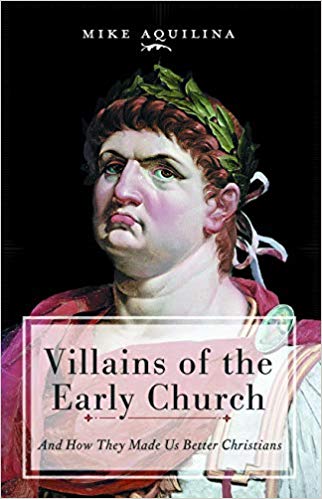Podcast: Play in new window | Download (Duration: 31:44 — 21.9MB) | Embed
Subscribe: Apple Podcasts | Spotify | Amazon Music | Android | Pandora | iHeartRadio | JioSaavn | Podchaser | Gaana | Podcast Index | Email | TuneIn | Deezer | Anghami | RSS | More

Trusting God in Vocation Discernment – “What am I to do?” The Discernment of God’s Will in Everyday Decisions with Fr. Timothy Gallagher
Fr. Timothy Gallagher and Kris McGregor talk about discerning one’s vocation, especially marriage. Fr. Gallagher notes that many already sense a natural orientation toward marriage, but still must prayerfully discover whom God is inviting them to marry. He describes practical growth in three areas—Christian formation, human maturity, and spiritual life—so a person becomes ready for a lifelong union. Because modern culture often wounds people, he suggests honest attention to emotional healing, communication skills, and a richer life of prayer (Mass, confession, Eucharistic adoration, daily prayer, retreats). He discusses the challenges young adults face in dating today and encourages seeking wise Catholic sources, community, and companionship so that anxiety or cultural pressures do not isolate them during this search.
Fr. Gallagher then transitions to those who feel a pull both toward marriage and toward priesthood or religious life. Drawing on St. Ignatius, he introduces one of three “modes” in which God gives direction: a deep inner clarity that leaves no doubt, illustrated through biblical examples and contemporary stories of vocations discovered either suddenly or gradually, yet with lasting certainty. He reminds listeners that not everyone receives this kind of unmistakable certainty, and that Ignatius offers two additional modes for such discernment (to be discussed next time). God’s providence is active even during long, painful, or uncertain waiting, and that companionship, spiritual direction, and trusting prayer keep a person close to Christ through the process.
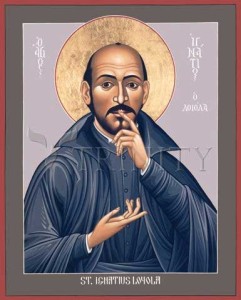 Discerning Hearts Reflection Questions:
Discerning Hearts Reflection Questions:
- How has my understanding of marriage or religious life been shaped by my faith rather than by cultural expectations?
- In what areas of emotional or relational growth do I sense the Lord inviting healing before pursuing a vocation?
- How consistent is my practice of prayer, sacraments, and spiritual reading as I seek clarity about my future?
- What healthy steps am I taking to meet potential spouses or learn about religious life in a faithful and intentional way?
- When anxiety or uncertainty rises in discernment, how do I bring those feelings to Jesus in prayer?
- Which people—friends, mentors, or spiritual directors—might walk with me so that I do not journey alone?
- Can I recognize moments of God’s providence during waiting, even when the outcome is not yet visible?
From The Discernment of God’s Will in Everyday Decisions:
“Three Times in which a Sound and Good Choice May Be Made
The first time is when God Our Lord so moves and attracts the will that, without doubting or being able to doubt, the devout soul follows what is shown to it, as St. Paul and St. Matthew did in following Christ our Lord.
The second time is when sufficient clarity and understanding is received through experience of consolations and desolations, and through experience of discernment of different spirits.
The third time is one of tranquility, when one considers first for what purpose man is born, that is, to praise God our Lord and save his soul, and, desiring this, chooses as a means to this end some life or state within the bounds of the Church, so that he may be helped in the service of his Lord and the salvation of his soul. I said a tranquil time, that is, when the soul is not agitated by different spirits, and uses its natural powers freely and tranquilly.
If the choice is not made in the first or second time, two ways of making it in this third time are given below.”
Father Timothy M. Gallagher, O.M.V., was ordained in 1979 as a member of the Oblates of the Virgin Mary, a religious community dedicated to retreats and spiritual formation according to the Spiritual Exercises of St. Ignatius. Fr. Gallagher is featured on the EWTN series “Living the Discerning Life: The Spiritual Teachings of St. Ignatius of Loyola”. For more information on how to obtain copies of Fr. Gallaghers’s various books and audio which are available for purchase, please visit his website: frtimothygallagher.org

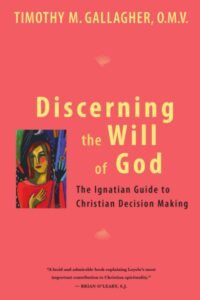

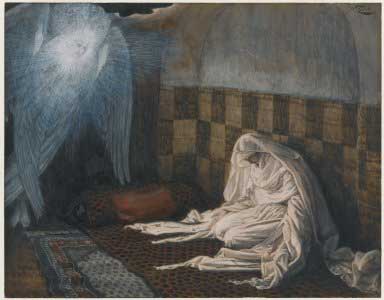

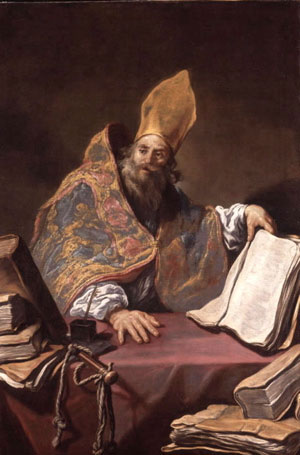
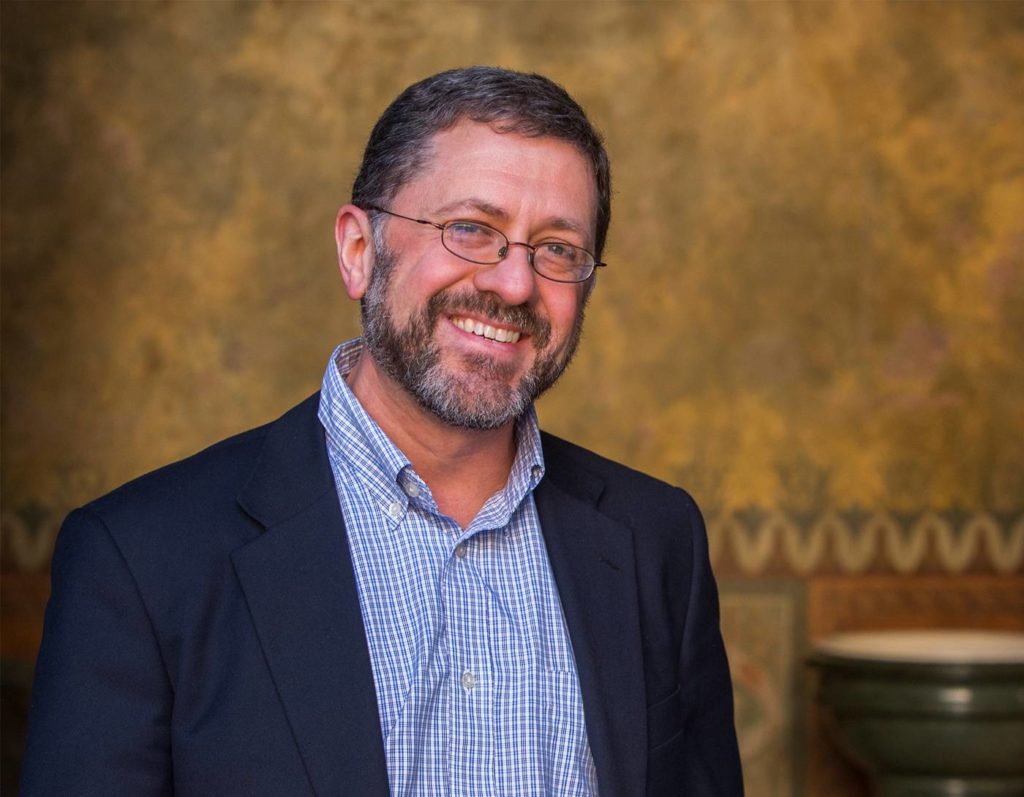 Episode 6 – Marcion – Villains of the Early Church with Mike Aquilina
Episode 6 – Marcion – Villains of the Early Church with Mike Aquilina